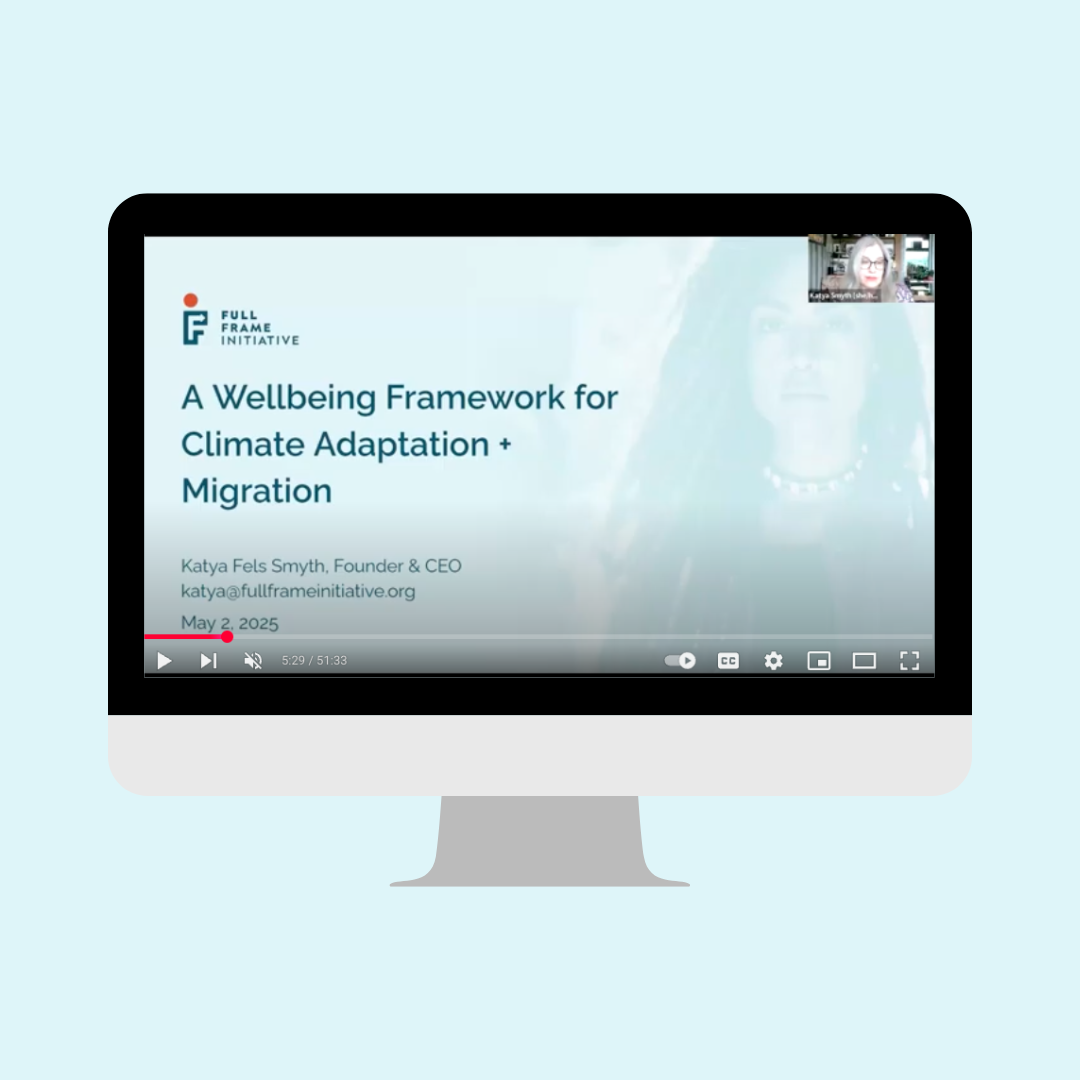
This is a recording of a collaborative workshop held with Full Frame Initiative, Climigration Network, and American Society of Adaptation Professionals. Full Frame Initiative shared their wellbeing framework and design principles, developed through 15+ years of work. CN and ASAP members were invited to test and apply the wellbeing framework within the context of climate adaptation and the realities of just and equitable pathways for migration.
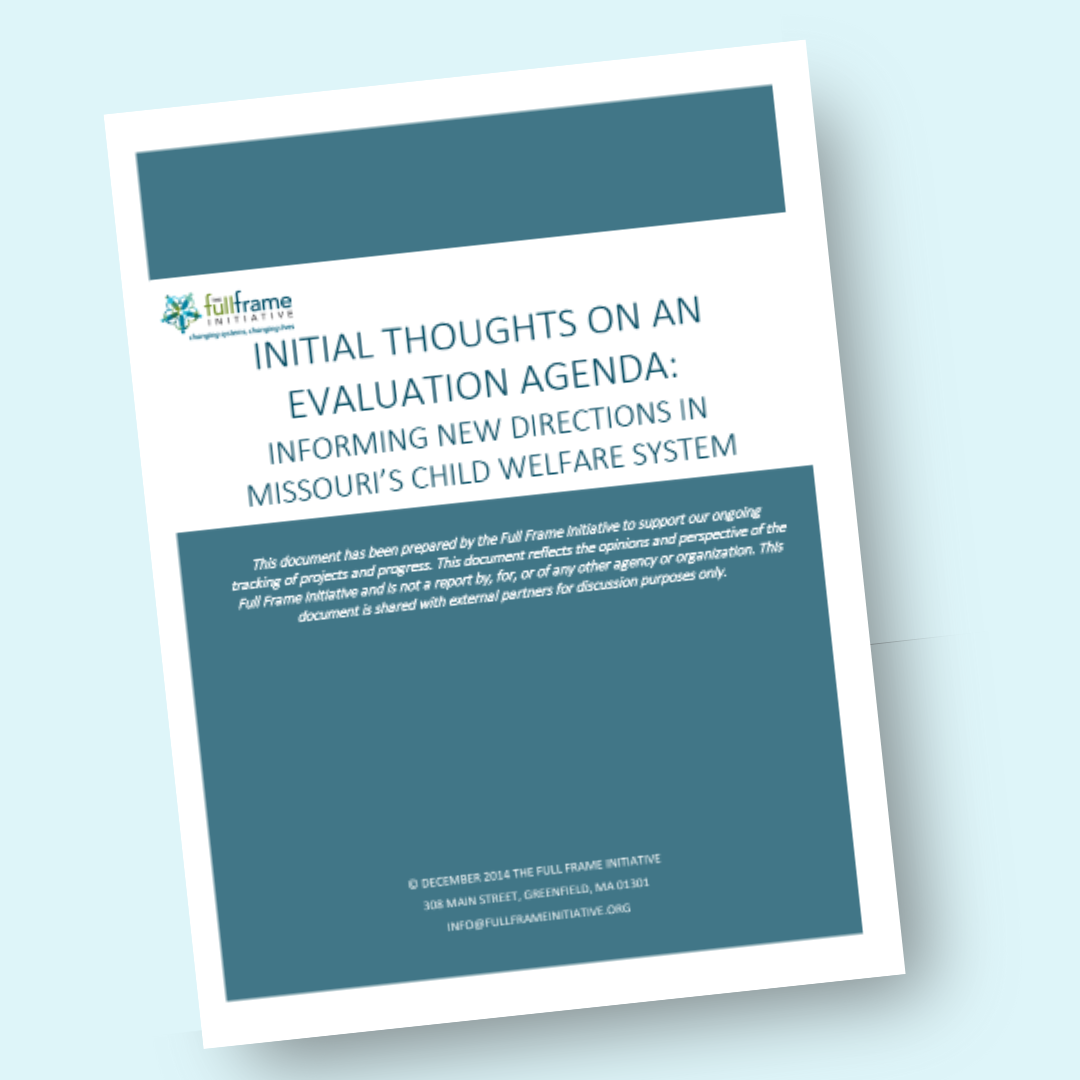
This resource outlines an approach to evaluation that is grounded in measuring wellbeing systems change and what is most important to wellbeing.
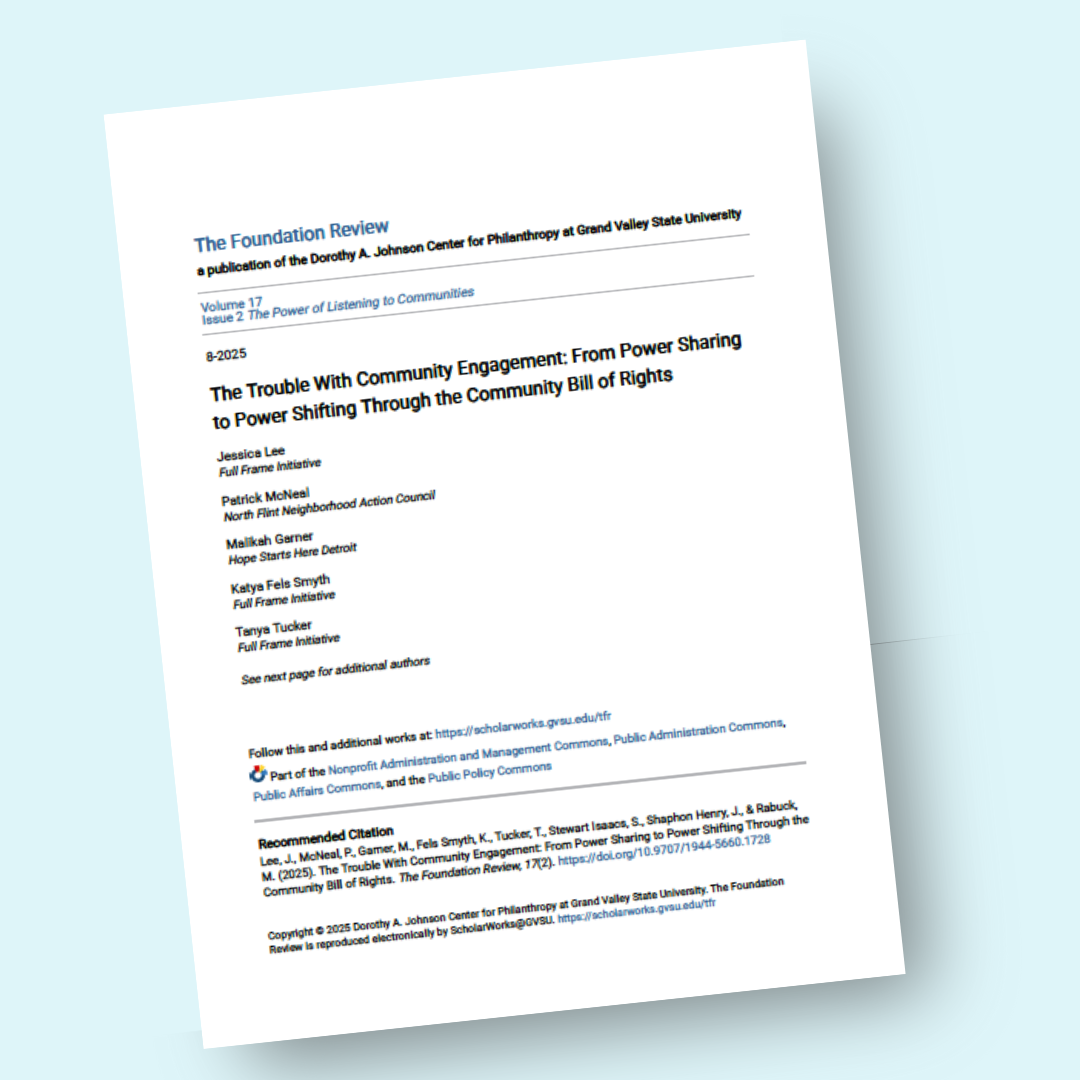
In this peer-reviewed article for Foundation Review, authors argue that philanthropy must move beyond well-intentioned but often extractive community engagement toward "centering community" by using the Community Bill of Rights to ensure meaningful participation by those most impacted by philanthropic work.
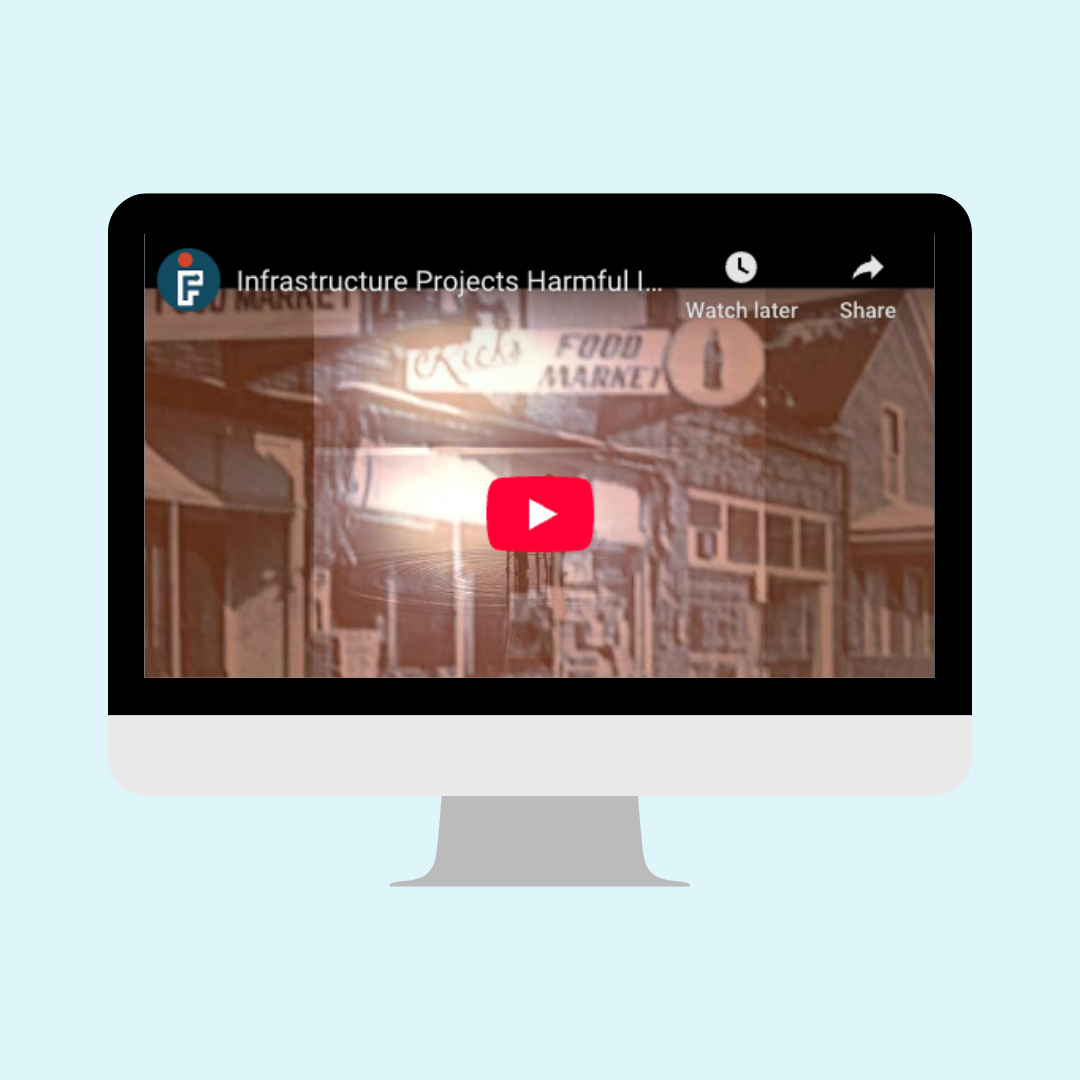
Patrick McNeal of the North Flint Neighborhood Action Council outlines the harms wrought by infrastructure projects on communities of color – and how we can begin to heal by building wellbeing into our environments moving forward.
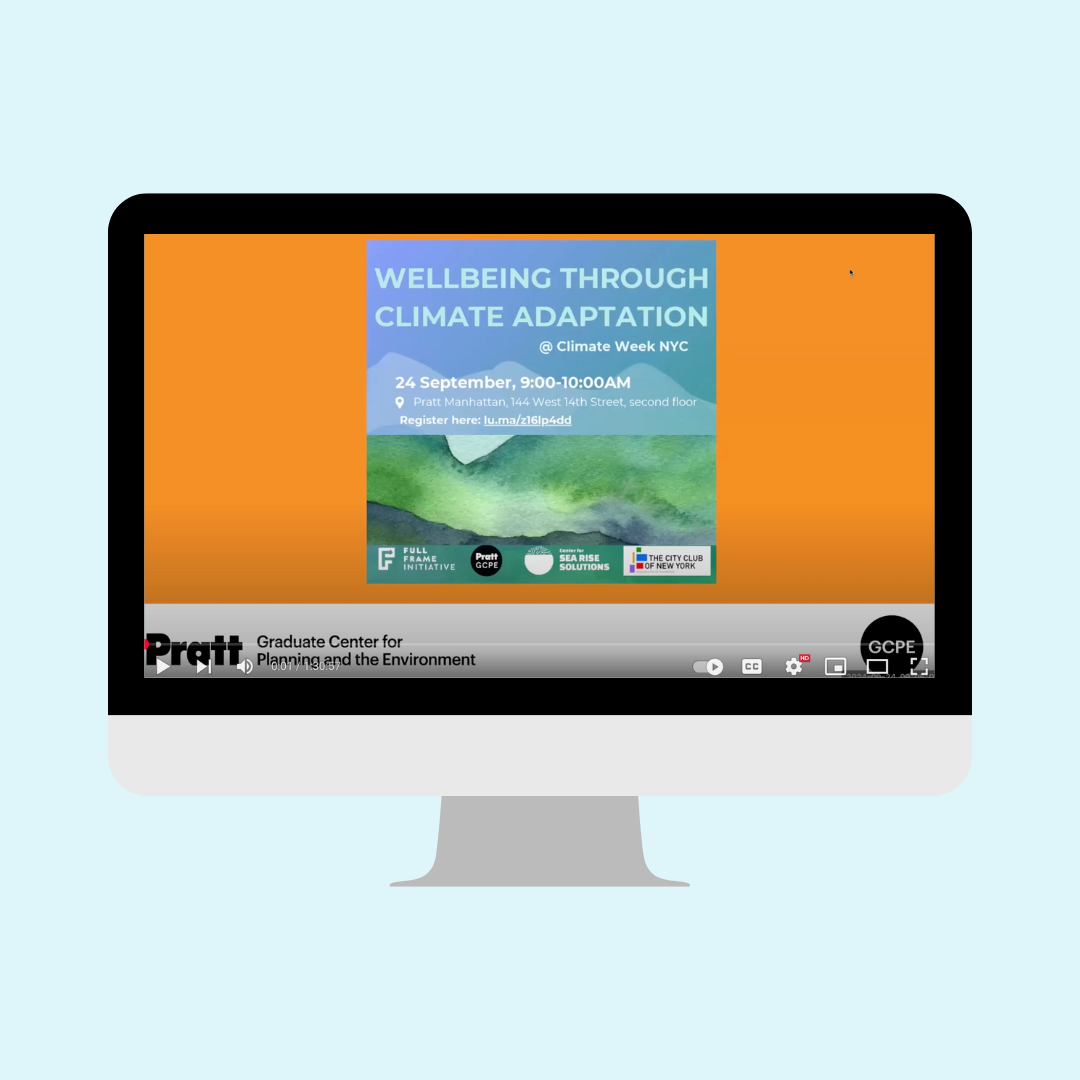
Climate adaptation can be a booster for the wellbeing of people and the planet. Join us as we explore how to leverage climate adaptation to move beyond protecting what we have now to building the equitable communities we wish for.

A webinar and accompanying slides offering Champions a deeper dive on FFI's systems change framework.
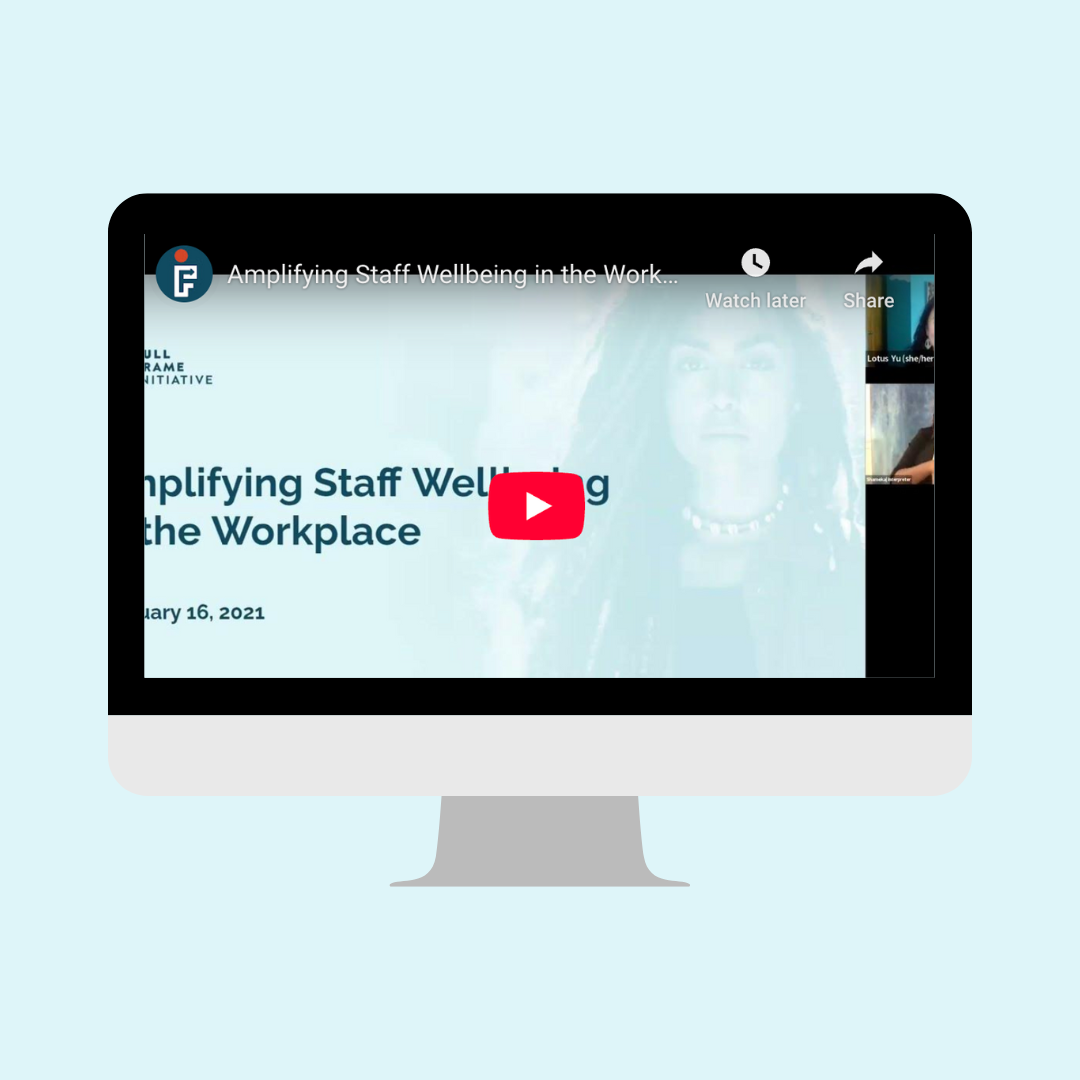
When workplaces support our wellbeing, we stay there. In Amplifying Staff Wellbeing in the Workplace, we explore strategies for increasing the wellbeing of your organization, with concrete tools to practice.
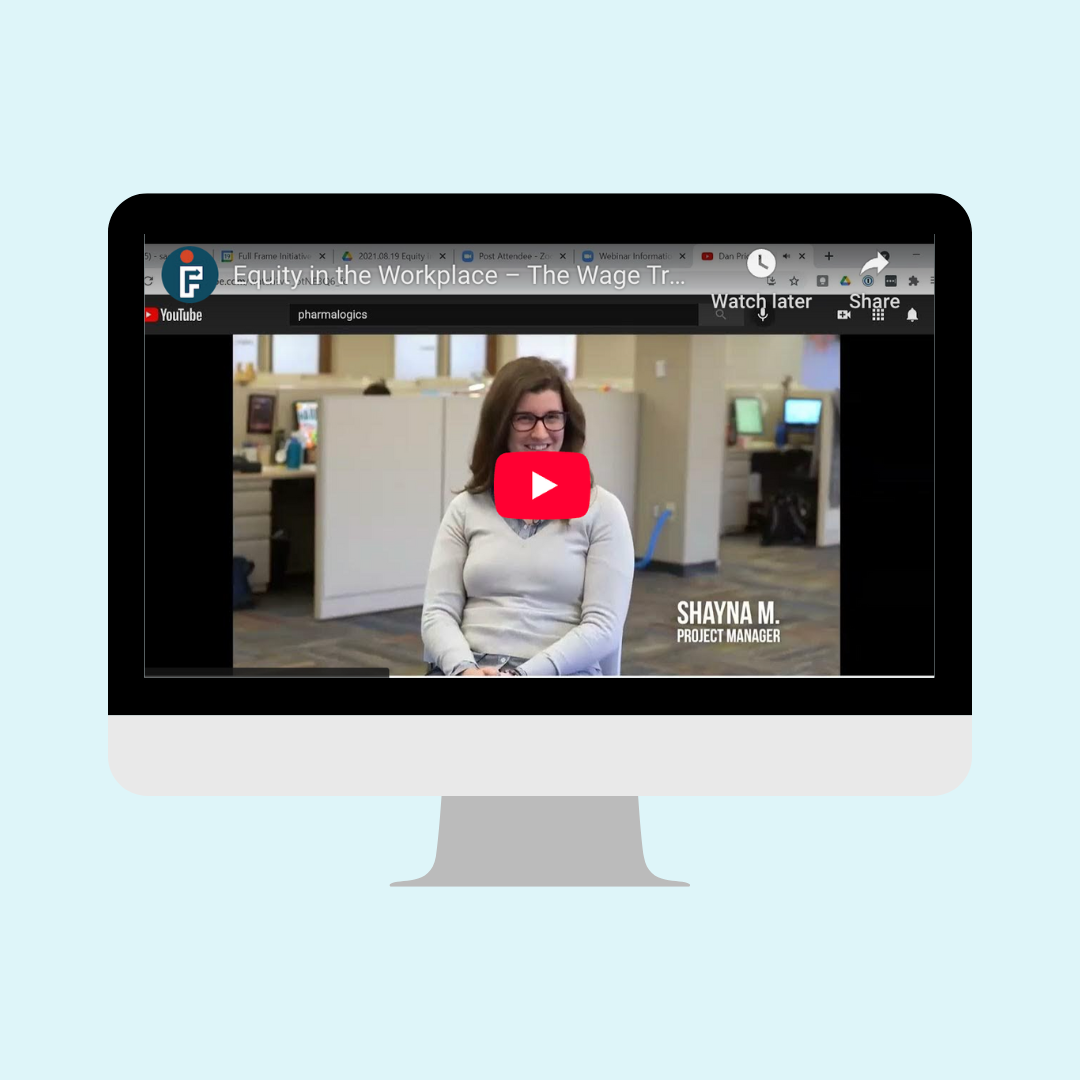
Learn how the Wage Transparency Act puts structures in place to even the playing field, set the stage for fair negotiation and build a future where employees and employers have a fair shot at wellbeing.
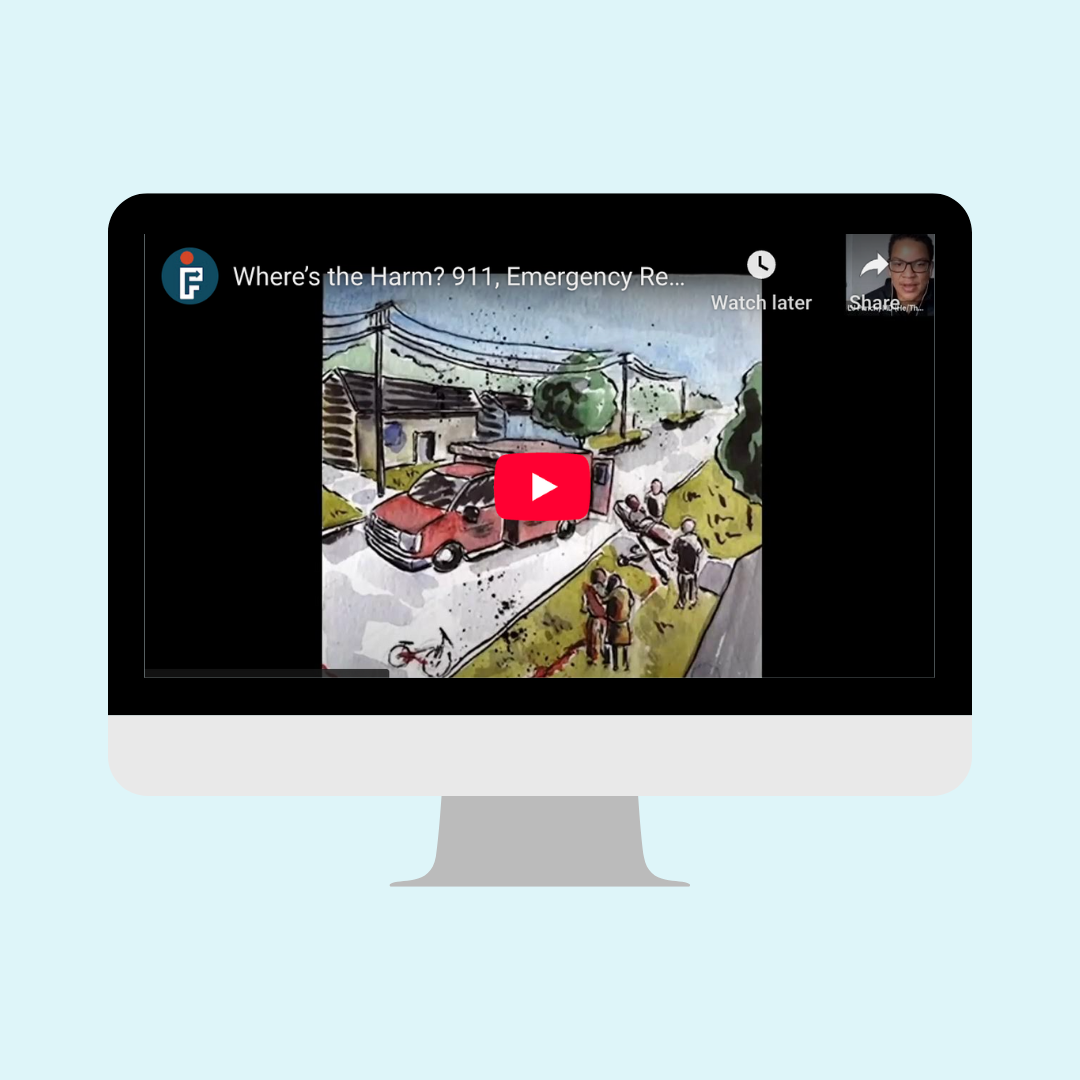
911 is the gateway to ambulances and emergency medical care, fire and rescue, and police. For too many of us, 911 is a gateway to greater trauma, not resolution. What it would look like to approach our public safety system with a wellbeing orientation?
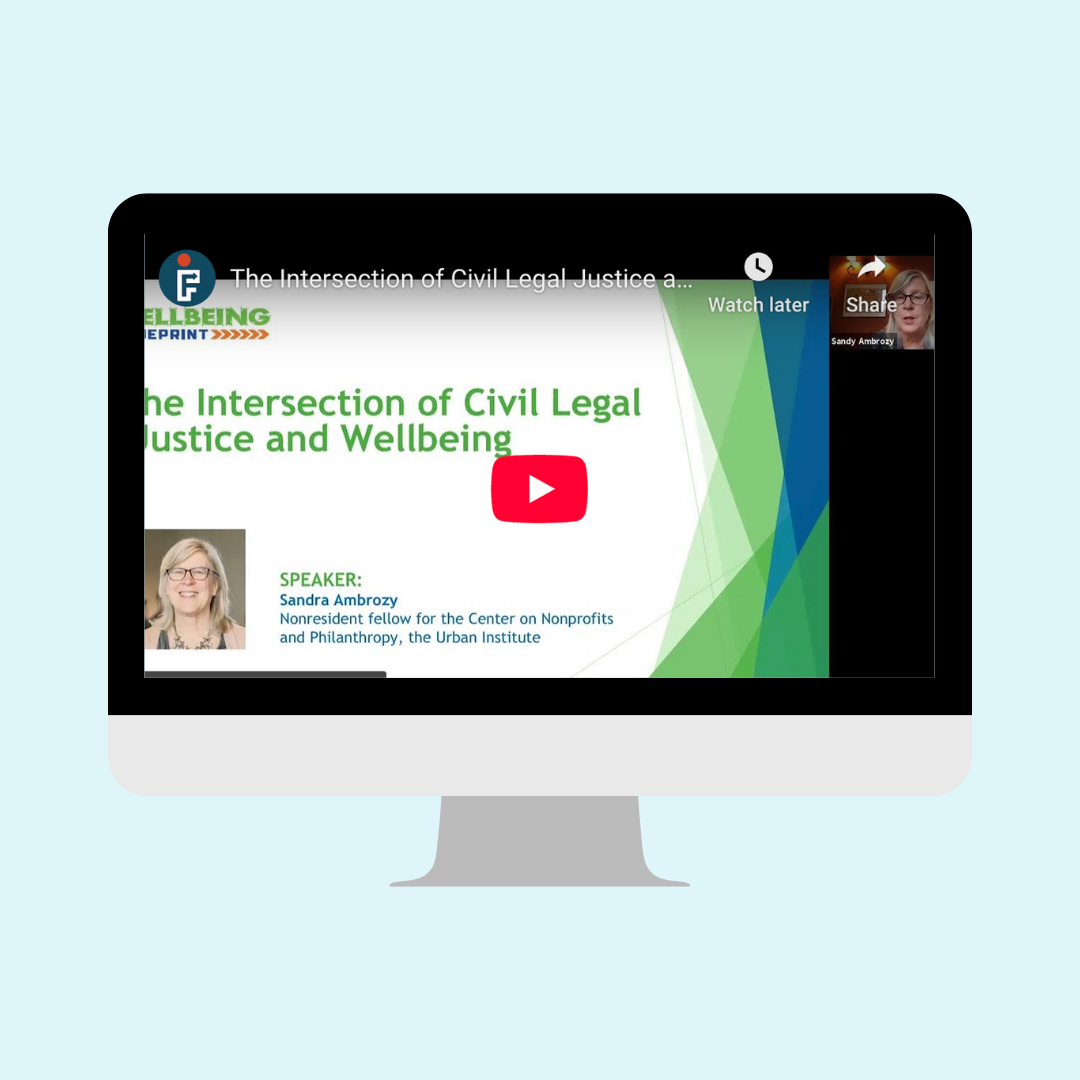
Sandra Amborzy discusses how the Wellbeing Blueprint is providing a platform to transform and connect the civil legal system with other systems to advance a justice (vs. legal) system and accelerate wellbeing.
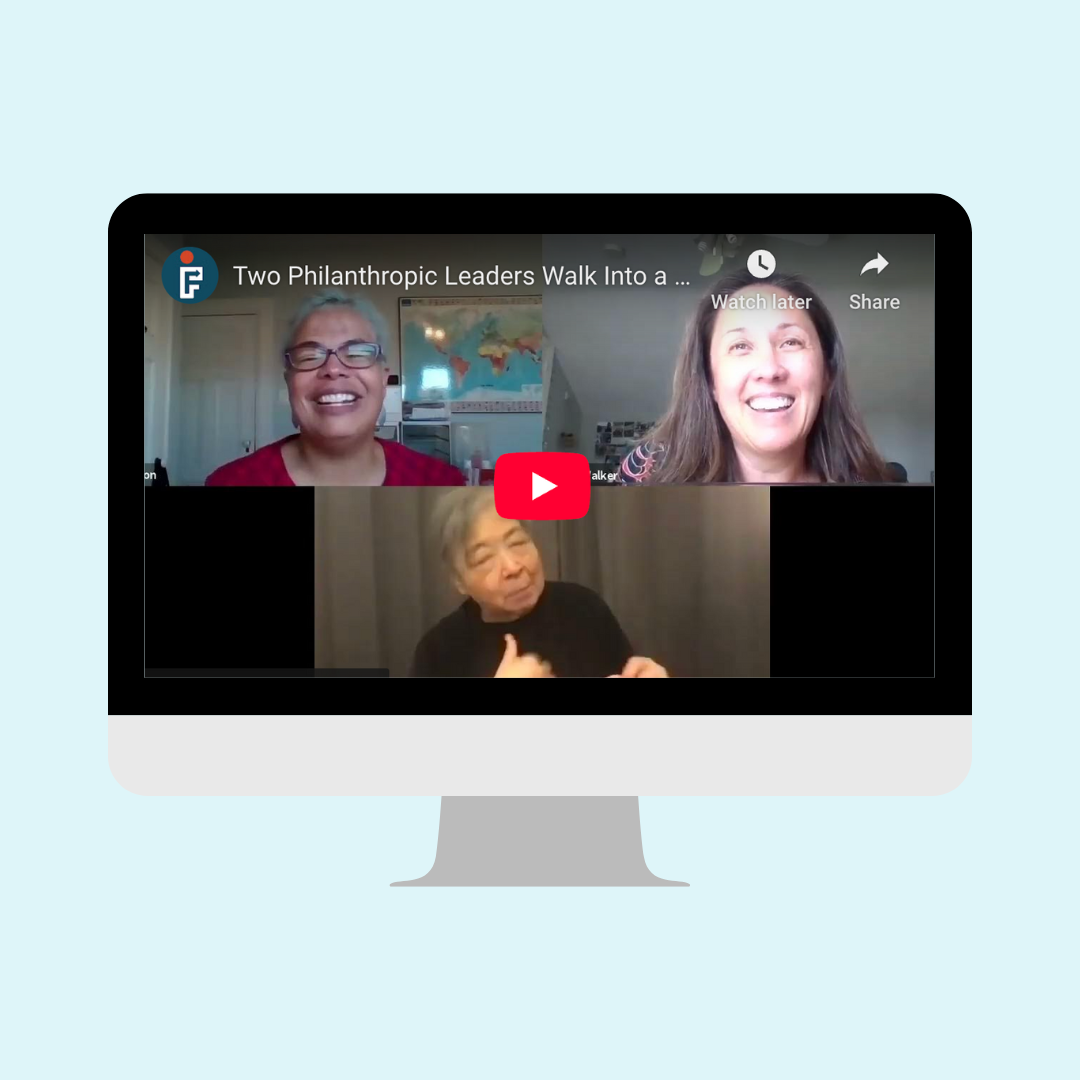
Philanthropy is a field created through the accumulation of power and money. Like so many fields — and so many of us — it needs to be healed as it helps heal. Is this possible? Is there even an alternative?

These guiding questions can help you to identify the assumptions that are driving narratives in your systems.